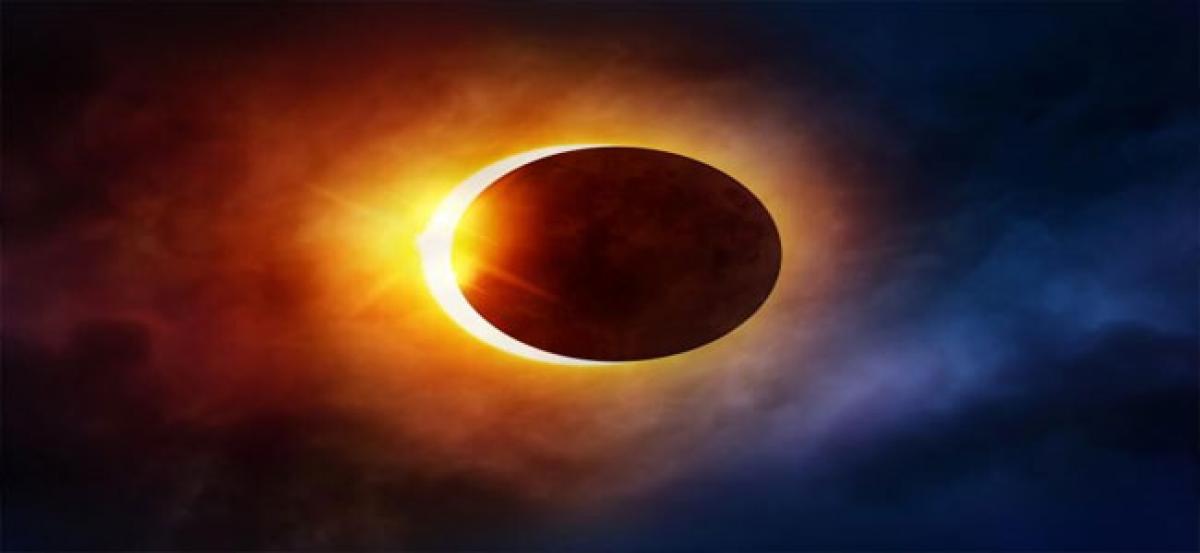NASA to study Earth’s ionosphere during total solar eclipse

NASA has said it is taking advantage of the August 21 total solar eclipse to better our understanding of Earth\'s ionosphere, a very perplexing region which grows and shrinks based on solar conditions.
Washington : NASA has said it is taking advantage of the August 21 total solar eclipse to better our understanding of Earth's ionosphere, a very perplexing region which grows and shrinks based on solar conditions.
The total solar eclipse will have some imperceptible effects, such as the sudden loss of extreme ultraviolet radiation from the Sun, which generates the ionised layer of Earth's atmosphere, called the ionosphere.
NASA is funding several ground-based science investigations across the US that will use the eclipse as a ready-made experiment, and three of these will look to the ionosphere in order to improve our understanding of the Sun's relationship to this region, where satellites orbit and radio signals are reflected back toward the Earth.
"The eclipse turns off the ionosphere's source of high-energy radiation," said Bob Marshall, a space scientist at University of Colorado Boulder and principal investigator for one of the studies.
"Without ionising radiation, the ionosphere will relax, going from daytime conditions to nighttime conditions and then back again after the eclipse," Marshall added.

















